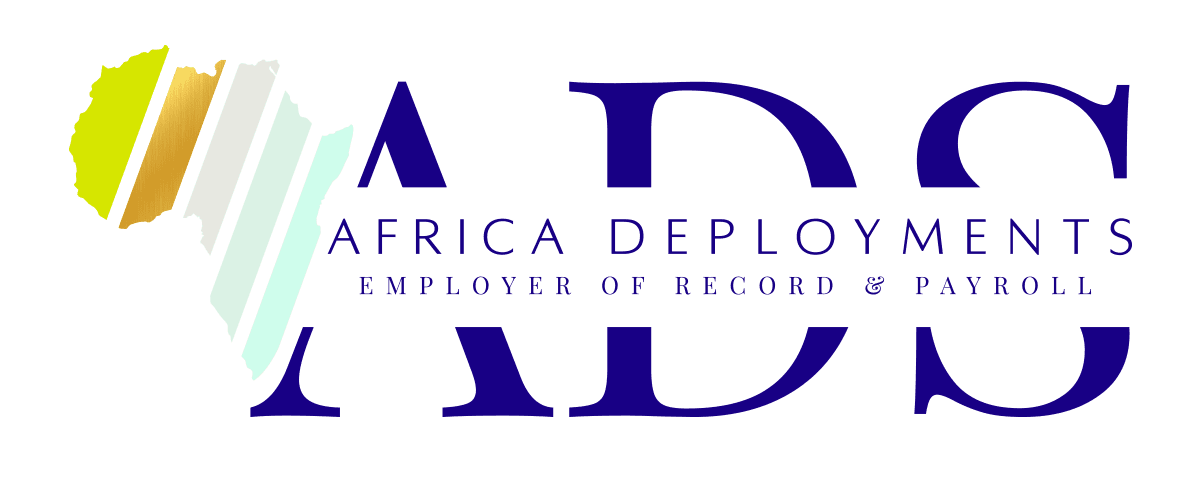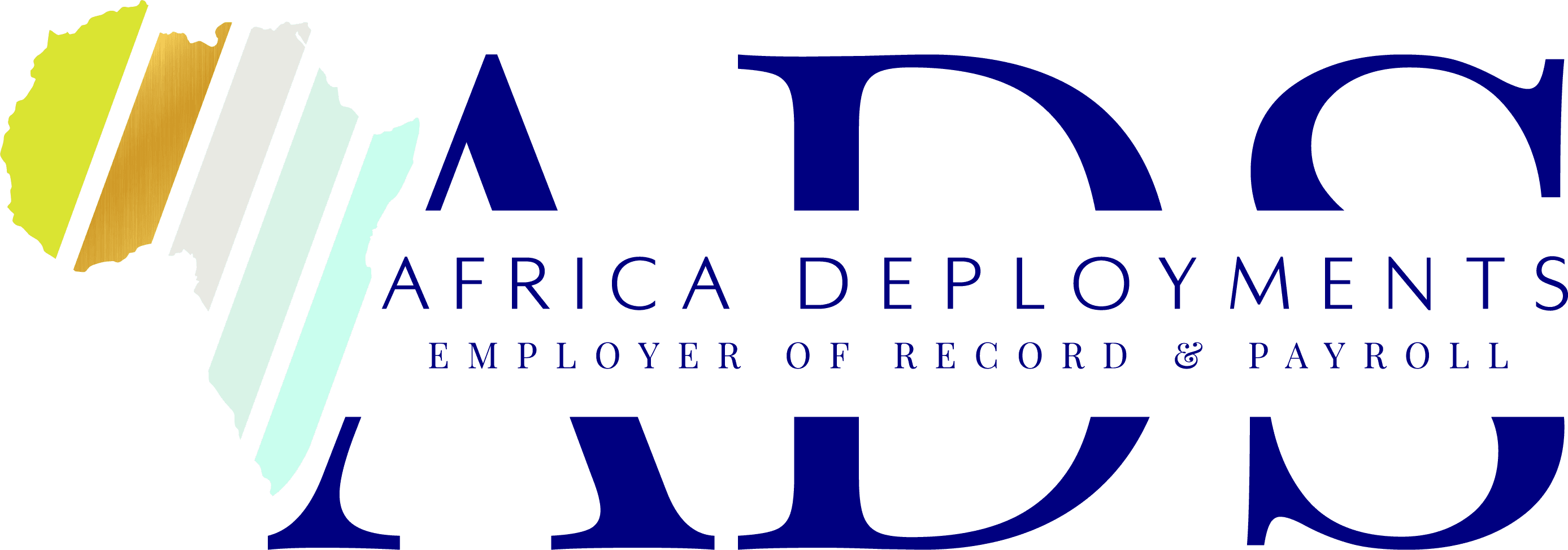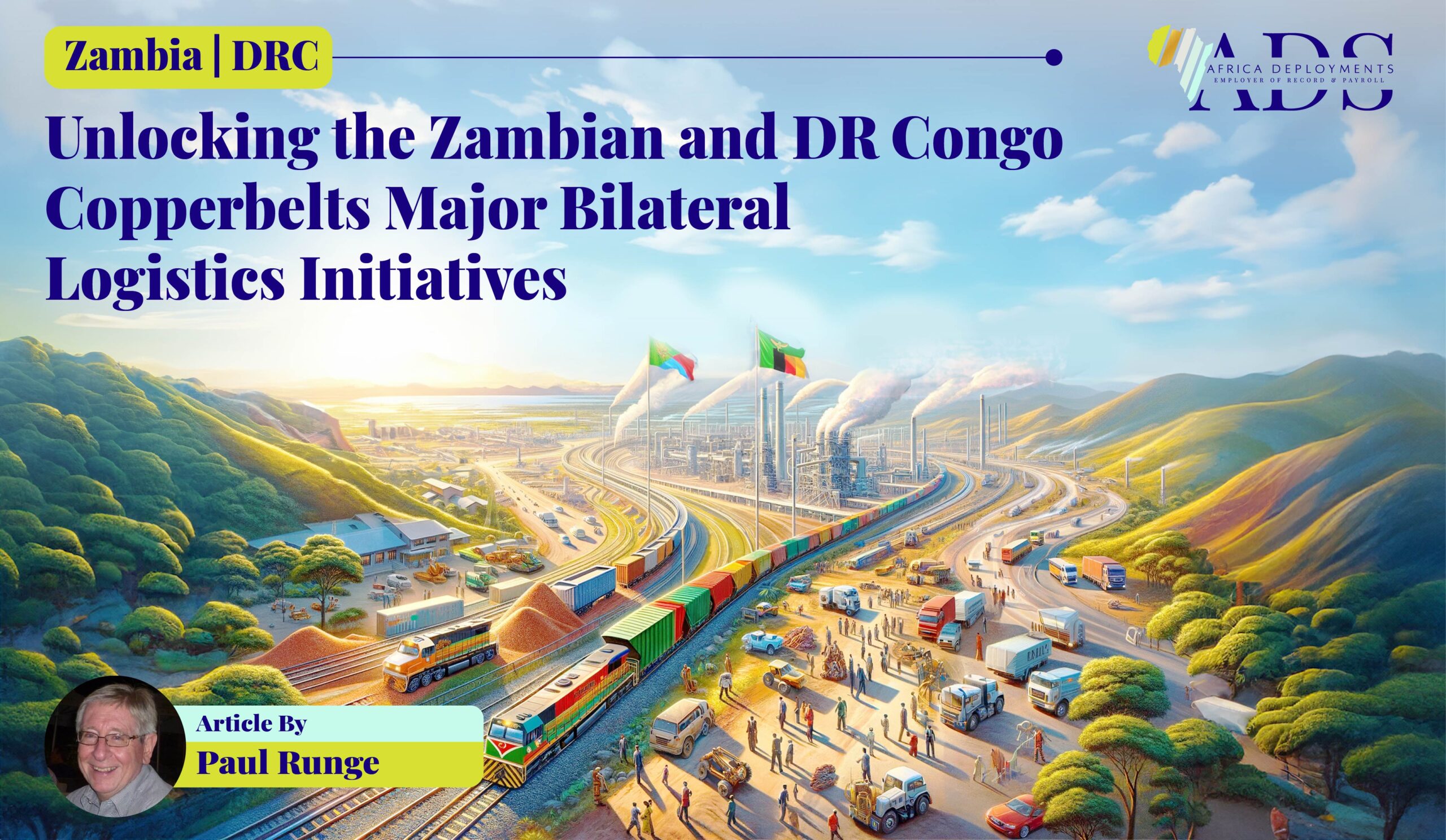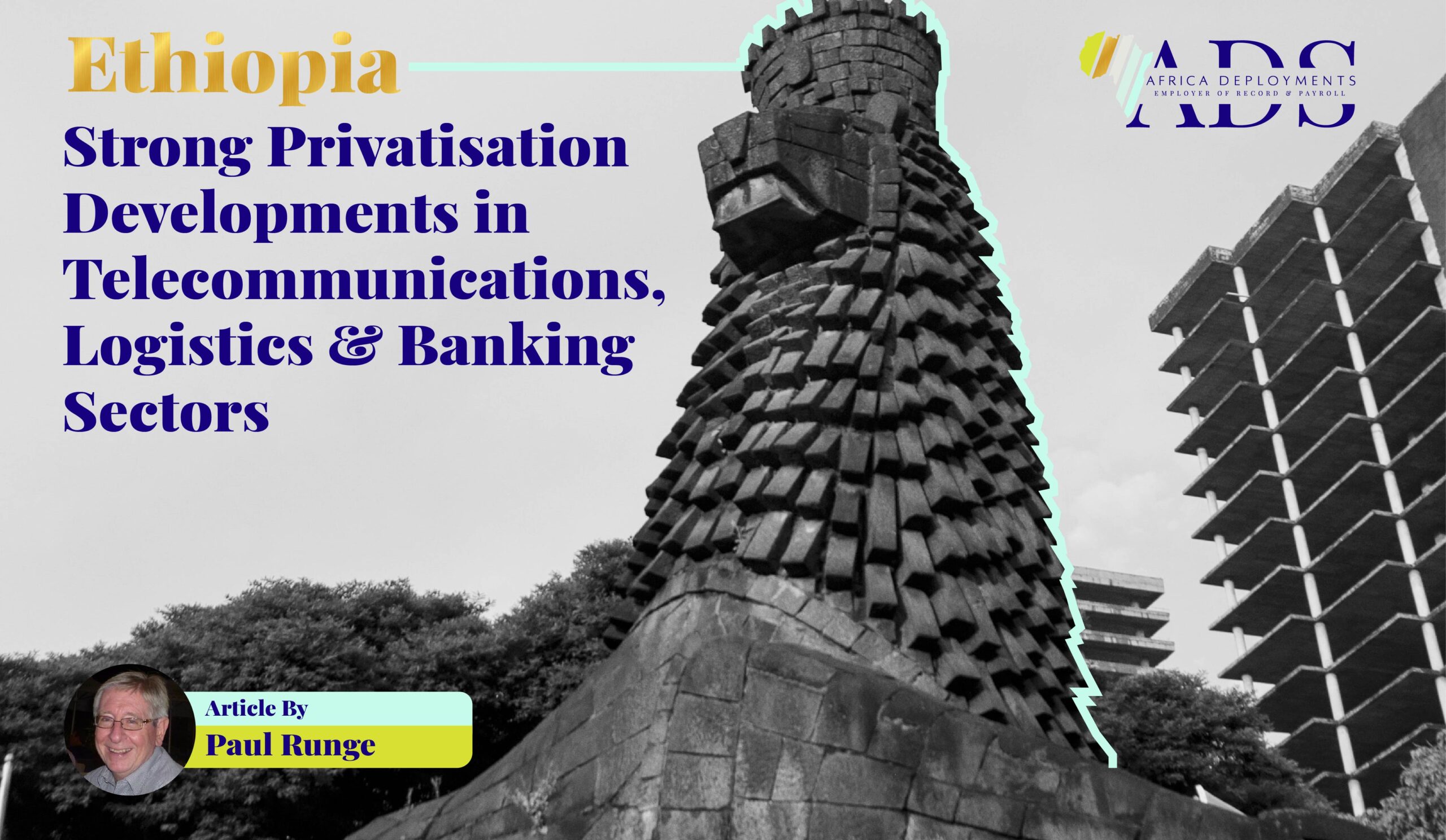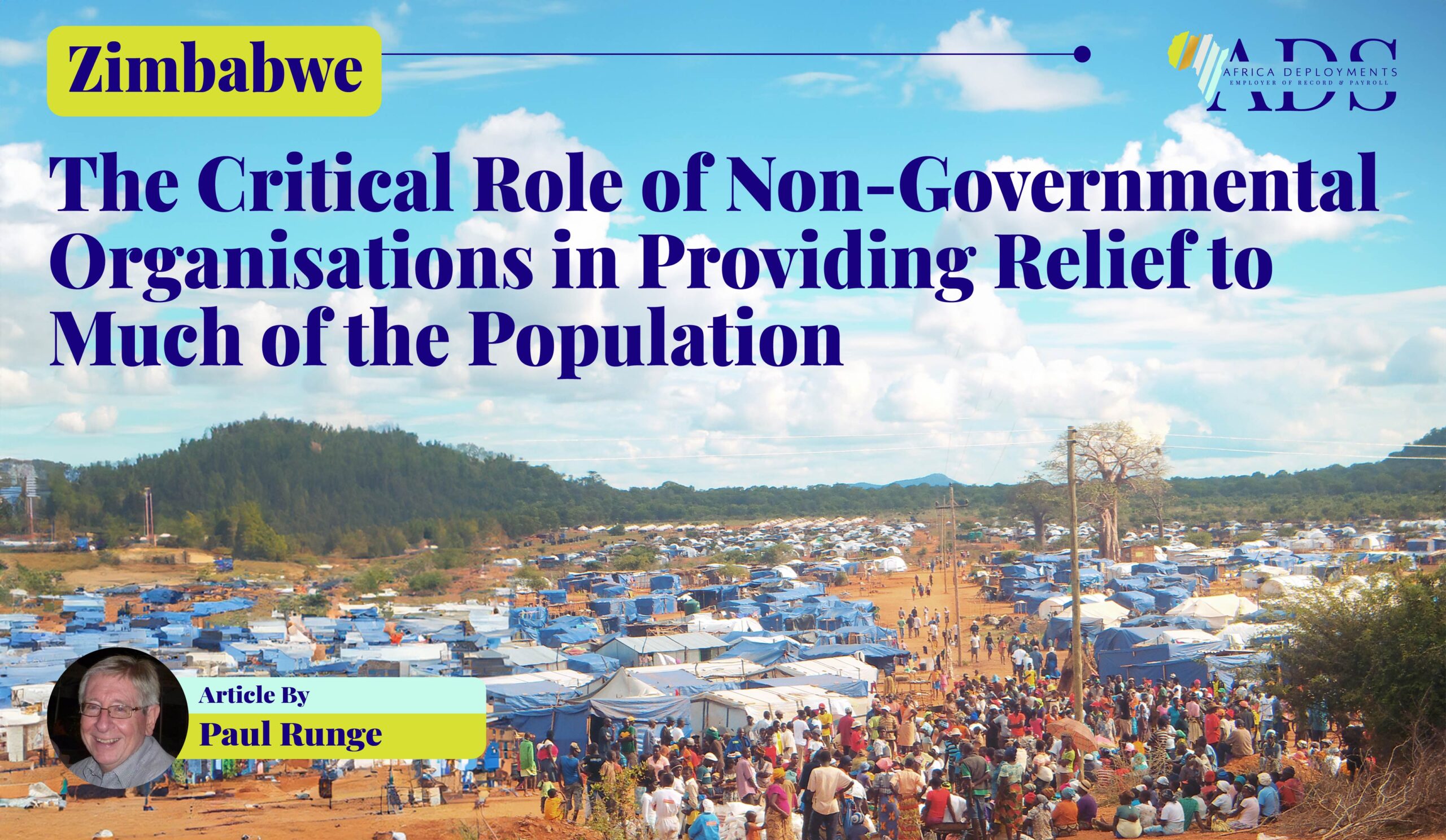
Zimbabwe: The Critical Role of Non-Governmental Organisations in Providing Relief to Much of the Population
Elections have just been held in Zimbabwe with President Mnangagwa announced as head of state for a second term. Whatever the debate surrounding the elections and future prospects for the country, the NGO community operating there will continue to play a vital role in assisting communities and alleviating poverty.
An unusual mission…
Some years ago, a conference organiser called me for assistance with an Africa relief aid event which she was organising in Johannesburg. Would I be prepared to travel to Zimbabwe to persuade representatives of non-governmental organisations involved in relief aid and disaster management to participate in their event? It would be a business-orientated conference that aimed to match suppliers of appropriate goods and services with the procurement officials of the relevant agencies.
It was not my usual type of assignment but a chance to visit and learn more about one of my favourite markets was not to be missed. I was restricted to only three days in Harare, but managed interviews with senior representatives of nine NGOs.

Strong presence and wide range of activities of NGOs in Zimbabwe…
There are over one thousand NGOs operating in Zimbabwe. Among the most prominent are World Vision (active in the country since 1973), Catholic Relief Services, Care International and ActionAid. The categories of NGO’s operating in the country cover a wide range from charity and service to community-orientated. Some are faith-based with Christian Aid as an example. There are national bodies such as the Zimbabwe Women Lawyers Association and international organisations such as Oxfam. Also present are a number of United Nations agencies which specialise in relief aid such as the United Nations Children’s Fund (UNICEF).
The NGOs cover a wide spectrum of activities, including health and nutrition, education and skills development, and even legal aid.
During my mission meetings, I learnt that World Vision was engaged in 28 development projects as well as food relief, bringing the total number to 45 projects. Care International was focusing on empowerment of women and girls, emergency response, and food security. Christian Care was involved with the resettlement of displaced persons and returnees to the country supplying them with agricultural tools and implements. The International Committee of the Red Cross concentrated on health and social services including water and sanitation. I was particularly interested in meeting freight forwarders, who assist in reaching the more remote areas of the country. Catholic Relief Services was procuring a wide range of relief supply items. ActionAid was prioritising health, shelter, food and water.
I was impressed by the friendliness and enthusiasm expressed by each NGO representative I interviewed. I came away with the notion that they were competent and concerned by the plight of the communities they were serving.
Special emphasis on agriculture and food security as well as water and sanitation…
Zimbabwe was once considered the ‘bread basket’ of southern Africa because of its healthy agricultural output. Now there is evidence that Zimbabwe’s crop production is on an upward trend. The maize harvest is expected to improve by almost 60% in 2023.
However, much of the population is still rural, and as such is dependent on subsistence agriculture. Consequently, there is a strong emphasis on food security. It is reported that over four million Zimbabweans are in need of food assistance, especially during the first few months of the year (when rain is expected, but does not always fall in sufficient volumes.) The country is highly susceptible to floods and droughts. In 2019, Cyclone Idai caused considerable damage to infrastructure and agriculture.
The NGO’s are engaged in a number of strategies to achieve sustainable agricultural supply. A number are focusing on income generation for small farmers through assistance with market access, inputs supply, crop diversification, and credit. The Farm Community Trust of Zimbabwe supports the development of farm workers in large-scale commercial farming areas.
Water supply and sanitation are another major priority. A particularly significant programme is Water, Sanitation and Hygiene (WASH), in which UNICEF is partnered with a number of NGO’s including World Vision, the Red Cross, and Care. The objective is to reduce water-borne diseases, especially cholera. The WASH Urban Small Towns Programme is aimed at assisting approximately 350 000 people living in 14 small towns. The programme provides for the rehabilitation of water and sanitation systems and hygiene promotional activities.

Factors affecting NGO operations…
NGOs should ideally be complementing the government’s social welfare efforts. Most are subject to registration under the Private and Voluntary Organisations Act implemented by the Department of Social Welfare, which falls under the Ministry of Public Service, Labour, and Social Welfare. Coordination with government agencies and other NGO’s is required. The Zimbabwe Vulnerability Assessment Committee (or ZimVAC) is a technical advisory body comprising government, NGO’s, United Nations agencies, technical agencies, and academia. It was established in 2002 and coordinates initiatives aimed at ensuring food security and nutrition.
Duplication of NGO initiatives is an inherent potential problem. There is competition between NGOs, and projects may sometimes be insufficiently prepared and rushed. NGO’s have to be conscious of, and follow the requirements of their donors. Structural economic factors such as poor infrastructure and poor financial systems hamper NGO operations.
A particularly impoverished province and a tribute to a special Matabelelander…
Matabeleland North Province in western Zimbabwe is a particularly impoverished area of the country. It is semi-arid and subject to severe droughts and poor soil quality. Subsistence livestock farming is a major means of sustenance. According to USAID’s Office of Food for Peace, just over 50% of rural households there are food insecure.
My cousin’s husband, Peter, was a hardy man of the bush who spent most of his life involved in farming and mining activities in Matabeleland. When he passed away, I travelled to Bulawayo to attend the funeral and pay my respects. The service was attended by about a hundred mourners. Apart from his family members and fellow farmers, business associates and their families, also in attendance were farm workers, community leaders, and NGO representatives. The proceedings were closed, with soulful soaring Ndebele gospel songs sung by community members. These were interspersed with impromptu, emotion-filled interventions by some of Peter’s long-serving workers. They thanked him for the food he gave, for the roof he repaired, for the pumps he installed. He had done so much.
Rest in peace, son of the land. We will never forget you.
